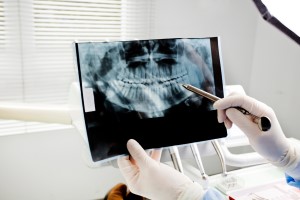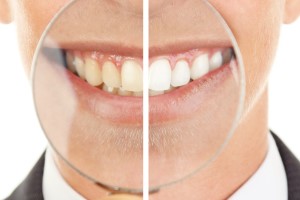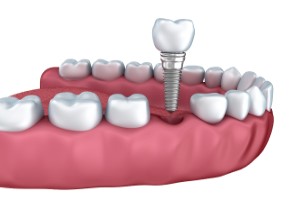FAQs about Getting a Dental Crown

Dental crowns are one of the most popular ways to restore teeth that are in bad shape. They are durable, reliable and most importantly, effective. The procedure itself is relatively straightforward, however, it is a good idea to become familiar with how things work beforehand. This ensures that the patient is prepared and knows what to expect.
Commonly asked questions about dental crown placement
Outlined below are some of the most frequently asked questions about getting a dental crown. Keep reading to find out more!
1. Does dental crown placement hurt?
Most dentists administer a numbing agent before the procedure begins to ensure that any sensations are kept at a minimum. For the most part, dental crowns are not known to cause pain, however, some patients do report that they experience some slight discomfort after the procedure is complete. Typically, this discomfort should subside within a day or so. Any severe pain or discomfort that carries on past two days should be reported to the dentist.
2. How long does it take to get a dental crown?
The dental crown process usually takes two visits that last about an hour in length. During the first appointment, the dentist will clear out the infected tooth and place a temporary dental crown, which is used to protect the tooth for a couple of weeks. During this time period, a dental lab will be responsible for creating a custom-made dental crown for the patient. Once created, the patient can return to their dentist for their permanent dental crown.
3. Are there options for dental crowns?
Yes! There are multiple options for dental crowns. The most common material that crowns are made of is porcelain or ceramic, which are both white in color, thus allowing for a discreet restoration. Some of the other options for dental crowns are metal alloy or gold materials. Both metal materials are strong and very durable, however, they are not discreet.
4. Will a dental crown last forever?
In some cases, yes. Each patient is different, which means their teeth will also vary. The lifespan of a dental crown depends heavily on the patient's oral hygiene and overall care of their mouth. People that eat a lot of tough meats or hard foods are a lot more likely to need a dental crown replacement later on in life. On the flip side, those who take extra care of their teeth may have their original dental crown for the rest of their lives.
5. Are there any special recovery instructions?
Most dentists recommend that patients take it easy after their dental crown placement. It is a good idea to consume soft foods to ensure that the crown does not become irritated or damaged while healing. Additionally, over-the-counter medications can be used for a day or so to remedy discomfort, swelling and inflammation.
Reach out today!
Any questions or concerns regarding dental crown placement should be addressed by a dentist. Reach out today to learn more or to get started!
Request an appointment here: https://jacksonheightdental.com or call 82nd St. Dental at (718) 476-5555 for an appointment in our Jackson Heights office.
Check out what others are saying about our services on Yelp: Read our Yelp reviews.
Recent Posts
A dental crown, custom-made and designed to fit snugly over a tooth, addresses a range of dental concerns, from tooth replacement and protecting a weakened tooth to enhancing the appearance of your smile. Whether dealing with decay, damage, or cosmetic imperfections, this restoration offers a tailored solution. With its many applications, the dental crown is…
Teeth that are severely decayed or fractured may benefit from dental crowns, which cover the damaged portions of the teeth, protecting them and restoring their functionality. A dental crown is crafted to fit the remaining portion of the tooth exactly and permanently bond to it. However, crowns are not perfect, and while they are usually…
When a dental practitioner recommends a dental crown, it may not be up to the patient. These dental devices are used to treat various conditions that cause a tooth to need serious work. When a crown is required, it usually means that the tooth it covers is too far gone to be useful, but it…
Dental crowns are customized to cover the tooth completely, from the surface down to the gum line. They can be applied for both medical and cosmetic purposes. Many people have heard about dental crowns but may not know how they help improve the functionality and appearance of teeth. In this article, you will learn about…






